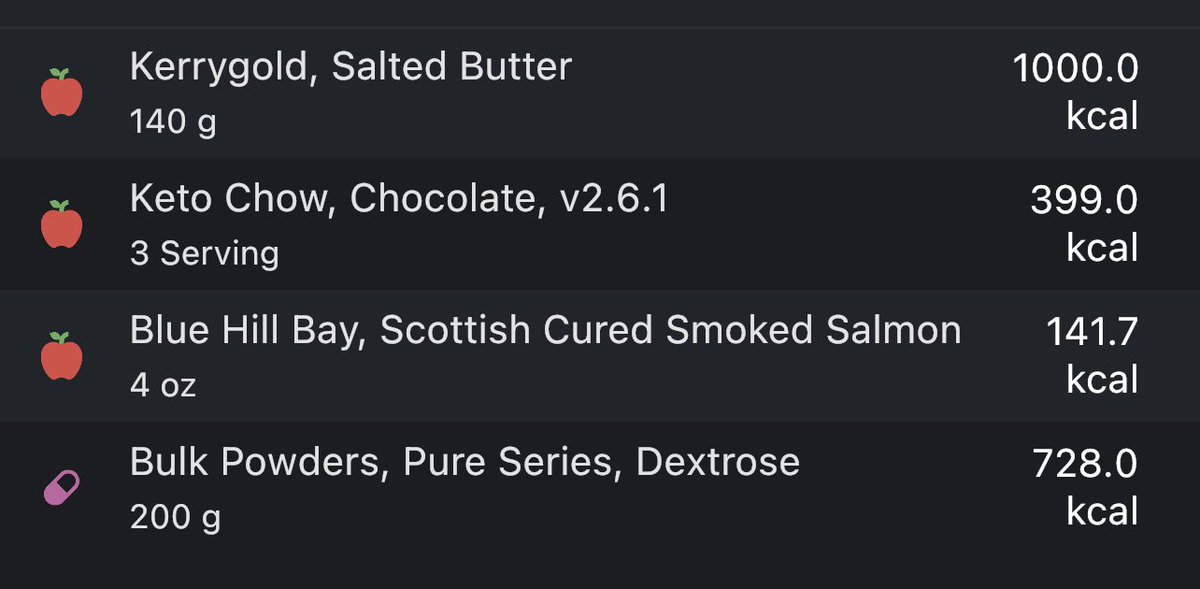
1/ 🙏 Happy Accident 🧵
I’m incredibly thankful for that day back in March 2015 when I got an A1c of 6.1 for the second year in a row.
Why?
It led to my finding #lowcarb as a possible means to prevent the onset diabetes…
I’m incredibly thankful for that day back in March 2015 when I got an A1c of 6.1 for the second year in a row.
Why?
It led to my finding #lowcarb as a possible means to prevent the onset diabetes…

2/ Shortly after starting, I had immediate family members with health issues be inspired to do likewise.
One of those immediate family members had an A1c of 8.1 at the time. Two were hypertensive, and taking medication for it. And these are just the immediate family members…
One of those immediate family members had an A1c of 8.1 at the time. Two were hypertensive, and taking medication for it. And these are just the immediate family members…
3/ off the top of my head, I think there are roughly 2 dozen people between both close friends and family who are sustained lower carb now than they were before For weight loss, or other reasons of health gain.
To be sure, it hasn’t worked for everyone, nor would I expect that.
To be sure, it hasn’t worked for everyone, nor would I expect that.
4/ I also have friends who tried it, didn’t like it, but found other means of reaching their health goals.
As always, I don’t believe any diet is superior to all others.
However, I think most of us agree the Standard American Diet is one of the worst.
As always, I don’t believe any diet is superior to all others.
However, I think most of us agree the Standard American Diet is one of the worst.
5/ With all that said, lower carb dieting has easily been the most successful sustained lifestyle change within my circle of friends and family. And I’ll concede I am especially glad in having been a part of bringing this awareness to them.
6/ While I’m very proud of our research endeavors around #cholesterol, I have a lot of personal appreciation for how finding this unintuitive pathway to reducing my risk of #T2D would ultimately have a ripple effect in improving the health of so many others closest to me. 🙏🙏🙏
• • •
Missing some Tweet in this thread? You can try to
force a refresh






